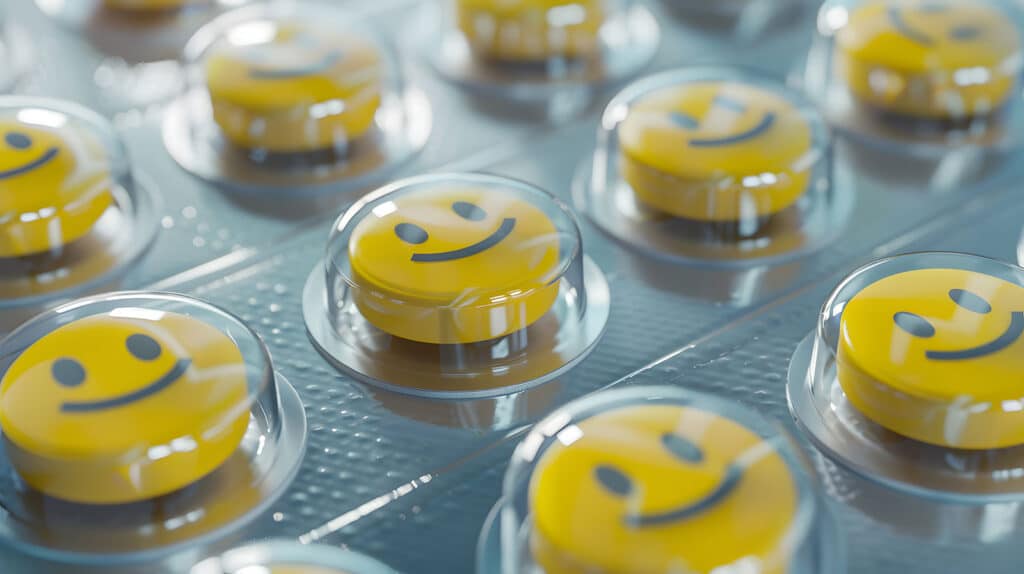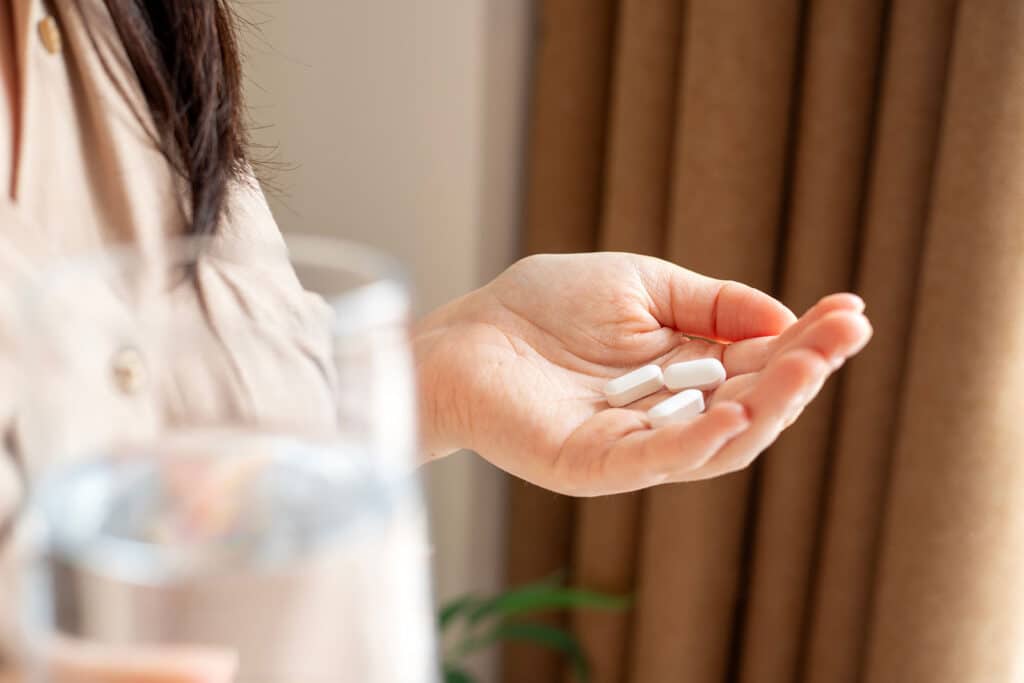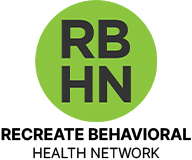Prescription drugs known as antidepressants can help the brain regulate emotions and behavior to treat conditions like depression, anxiety, post-traumatic stress disorder (PTSD), obsessive-compulsive disorder (OCD), and chronic pain. They enhance the production and activity of neurotransmitters like serotonin, norepinephrine, and dopamine to boost mood, appetite, and cognition.
Unfortunately, some people can become addicted to antidepressant drugs, especially when they misuse them to experience a stimulant effect. Over the last decade, researchers discovered that some people can become psychologically dependent on these medications and experience withdrawal symptoms when they suddenly cut down on or stop using them. Many of these people also have a coexisting substance use or mood disorder or consume large doses quickly, which can make the addiction worse.
Anyone who uses antidepressants with or without a prescription should understand their potential side effects and risks and be able to seek help if they find themselves facing addiction. If antidepressant addiction is affecting you, a friend, or a loved one, seeking out professional treatment in New Jersey can open a path toward a better, healthier future.
Understanding Antidepressant Addiction
Understanding antidepressant addiction involves knowing what these drugs are and how they work. Antidepressants are medications that are prescribed to treat conditions like depression, anxiety, PTSD, and pain by changing how the brain can access and use neurotransmitters like serotonin, norepinephrine, and, less commonly, dopamine. They are believed to increase levels of chemical neurotransmitters that affect mood, emotion, and pain signals. Antidepressants are usually administered as a pill, starting at a small dose that increases with time. They’re frequently used in conjunction with psychoanalysis, exercise, and other therapies to enhance their effects. Once symptoms improve, people generally continue to take antidepressants for at least six months and sometimes longer.

Common Types of Antidepressants
Different types of antidepressants that correct neurotransmitter imbalances include SSRIs (selective serotonin reuptake inhibitors), SNRIs (serotonin and norepinephrine reuptake inhibitors), MAOIs (monoamine oxidase inhibitors), tricyclic antidepressants (TCAs), and atypical antidepressants.
SSRIs
SSRIs increase the amount of serotonin available to the brain by blocking its reuptake or reabsorption, which can relieve symptoms of depression. These medications are some of the most commonly prescribed antidepressants. Common SSRIs are Zoloft (sertraline), Paxil (paroxetine), Prozac (fluoxetine), Celexa (citalopram), Citalopram, Sertraline.
SNRIs
SNRIs increase the amount of serotonin and norepinephrine available to the brain by blocking the reuptake or reabsorption of these neurotransmitters. They can help ease bad moods, anxiety, nerve pain, and some chronic pain disorders. A common SNRI is Effexor (venlafaxine).
MAOIs
MAOIs (monoamine oxidase inhibitors) prevent the monoamine oxidase enzyme from breaking down serotonin, dopamine, and norepinephrine, which can make them more available to the brain. These antidepressants can improve mood and treat depression, but they can also be dangerous when they interact with foods, beverages, and other medications that contain tyramine, which can lead to higher blood pressure, stroke, or heart attack.
TCAs
TCAs (tricyclic antidepressants) are broad-spectrum medications that are less targeted than SSRI medications. They treat depression by blocking the reuptake of serotonin and norepinephrine and partially blocking the reuptake of dopamine, but they can also cause serious side effects
Atypical Antidepressants
Atypical antidepressants include SARIs (serotonin antagonists and reuptake inhibitors) and NDRIs (norepinephrine and dopamine reuptake inhibitors). They are often used to treat depression and anxiety. Common NDRIs are Wellbutrin (bupropion) and Bupropion.

How Does Antidepressant Addiction Occur?
It helps to know exactly what antidepressant addiction is to understand how it happens. People often use the terms dependence and addiction interchangeably, but they mean different things. The term “dependence” usually means that the body physically builds up a tolerance to the drug to maintain balance and will experience negative symptoms of withdrawal if the drug is absent. Addiction refers to a mental reliance on a given substance that can cause changes in behavior, such as irrationality and compulsive drug seeking, when the substance is withdrawn.
Risk Factors
There are several known risk factors that can lead to drug addiction, including environmental factors and peer groups, genetic traits, mental health disorders like depression, anxiety, ADHD, or PTSD, and physical changes to nerve cells that affect the way the brain feels pleasure. Using drugs before the brain develops fully and taking highly addictive stimulants or opioids may also lead to addiction.
Psychological vs. Physical Dependence
Antidepressant misuse can eventually undermine the medication’s positive effects if it leads to addiction. When a person feels that they need to take antidepressants to feel good or function well in life, they may be experiencing psychological addiction. They may feel a compulsive drive to use the medication, even when it negatively affects their health and relationships. People who are physically dependent on antidepressants might have withdrawal symptoms like headaches, nausea, and fatigue if they suddenly stop taking the medication.
Symptoms of Antidepressant Addiction
Recognizing the physical and psychological signs of antidepressant misuse is critical. Some key indicators include excessive use of antidepressants, defensive behavior, neglect of responsibilities, and altering dosage without medical guidance. Misuse can result in serious consequences like weight gain, sedation, or even high blood pressure and heart problems. Symptoms of antidepressant withdrawal, particularly after prolonged use for conditions like major depressive disorder or anxiety disorders, may include mood swings or physical discomfort. Seeking treatment early is essential to prevent long-term damage and encourage recovery from severe depression.
How Can Antidepressant Addiction Impact Daily Life?
Antidepressant addiction can significantly impact your mental and physical health and your relationships at home and work. People who misuse antidepressants may find that their connections to family, friends, and colleagues break down and experience feelings of loneliness and isolation. They may also feel more sad and anxious, have trouble concentrating and performing effectively at work or school, or make poor decisions that lead to legal trouble. Misusing antidepressants can also inadvertently cause damage to their heart, liver, or other organs, or intensify their negative side effects.
Antidepressant Addiction in New Jersey
New Jersey is a great place to address antidepressant addiction because the state offers an abundance of diverse, high-quality treatment services. People who are suffering from antidepressant addiction can access outpatient care, detoxification services, short- and long-term inpatient treatment, therapy, and alternative therapeutic modalities. If you’re looking for a substance abuse treatment center, New Jersey’s Division of Mental Health and Addiction Services (DMHAS) has a searchable directory of drug abuse treatment services for adolescents and adults. The DMHAS also funds and provides access to a variety of early intervention and recovery support services.

Who Can Access Top-Rated Detox and Rehab Centers Like Garden State Detox?
Many New Jersey residents who are seeking treatment for antidepressant addiction are concerned about its accessibility. Many private and state insurance policies cover the cost of programs in top-rated detox facilities like Garden State Detox. More than half of the rehab centers in New Jersey accept private health insurance, or Medicaid. About a third of them accept state-funded health insurance, and about a quarter of drug rehab centers accept Medicare. After a provider verifies insurance coverage, they should disclose any out-of-pocket costs involved before providing admission to the program.
The State of New Jersey provides a variety of mental health and addiction resources, including peer recovery centers, family support centers, crisis hotlines, and more, for residents who need help with antidepressant addiction. Staff at these facilities can provide referrals to treatment providers and support services for people of all ages and incomes, regardless of insurance status or ability to pay. State and federal agencies also provide resources that can help people find treatment.
Treatment Options for Antidepressant Addiction
People who suffer from antidepressant addiction should never quit the medicine cold turkey. Doing so can create a severe psychological or chemical imbalance that leads to discontinuation syndrome, which is similar to withdrawal. Fortunately, there are many treatment options that can help people recover from addiction.
Medical Detox
Medical detox from antidepressants involves gradually reducing doses of the medication while they are under medical supervision. This helps limit withdrawal symptoms until the user can safely stop consuming the drug.
If a person misuses antidepressants for a long time, they are more likely to experience symptoms like fever, headache, anxiety, panic attacks, nausea, tremors, “brain zaps,” and suicidal thoughts when they stop taking the medicine. Quitting antidepressants abruptly can also lead to rebound depression.
Successful tapering can be a slow process that may take one to two months to complete. A doctor can help reduce the occurrence or intensity of these symptoms by helping people safely consume less medication over time by tracking and adjusting their dosages.
Rehabilitation Programs for Antidepressant Addiction
When people seek treatment for antidepressant addiction, doctors usually plan out the process of managing the physical and psychological symptoms of detoxification. A medication’s half-life, which describes how long it takes for half of the drug to leave the body and commonly ranges from six hours to five days, can affect the tapering schedule.
Inpatient Treatment
Inpatient treatment programs can help people detox from antidepressant medications in a supervised environment that gives people a break from the stresses of daily life. These rehabilitation options can be especially helpful for people who are also using other drugs or are suffering from mental health issues. Many inpatient programs provide complementary therapies that promote mindfulness and healthy lifestyles.
Outpatient Treatment
Outpatient treatment programs can be an effective treatment method for less severe antidepressant addictions for people who are high-functioning and can follow a program without around-the-clock medical supervision.

How Can Therapy Help People Address Antidepressant Addiction?
A variety of treatment modalities, including therapy, medically assisted treatment, and aftercare, can provide people with the support they need to achieve successful long-term recovery.
Conventional and Holistic Therapies
People who are recovering from antidepressant addiction can benefit from proven therapy sessions with a qualified provider. Cognitive behavioral therapy (CBT) and dialectical behavior therapy (DBT) are both effective therapies that can help treat mental health conditions and addiction. Cognitive behavioral therapy can help people learn to identify and challenge irrational thoughts and change harmful behaviors that contribute to addiction, anxiety, PTSD, and depression. Dialectical behavior therapy combines cognitive and acceptance-based techniques like mindfulness and distress tolerance that help people navigate and manage their emotions.
Holistic approaches to antidepressant addiction recovery, such as exercise, nutrition, and mindfulness, can also help improve physical, mental, and emotional health. Regular exercise and a healthy diet can help the brain naturally release and regulate serotonin and dopamine. Mindfulness can help people learn to deal with feelings in the present and process negative emotions.
Medication-Assisted Treatment (MAT)
Medication-assisted treatment (MAT) uses non-addictive medications in conjunction with therapy to help people manage cravings and other symptoms as they stop taking antidepressants. It can help support long-term recovery by reestablishing normal brain chemistry and reducing the chance of relapse.
Ongoing Support & Aftercare
After a person receives treatment for antidepressant addiction, aftercare measures like therapy and support groups can help people maintain emotional resilience and prevent relapse during the early stages of recovery. They can also help people stay accountable and motivated as they re-engage with life.

Why Choose Garden State Detox for Antidepressant Addiction Treatment?
Garden State Detox is a premier detox and treatment facility in New Jersey that provides a range of supportive care options for antidepressant addiction. Its state-of-the-art facilities provide a compassionate environment for medical detox and recovery. Our addiction treatment experts specialize in treating antidepressant addiction with patient-centered care that promotes long-term health. We also offer comprehensive treatments for dual diagnosis patients who suffer from antidepressant addiction and mental health issues or addictions to other substances. Every personalized treatment plan is tailored to meet each individual’s needs and circumstances.
New Jersey Residents Can Seek Addiction Treatment from Garden State Detox
If you or someone you know is struggling with antidepressant addiction or any other form of substance use disorder, it’s important to seek professional healthcare. Garden State Detox provides comprehensive treatment options, including psychotherapy and psychiatry, to address both mental illness and addiction. We encourage New Jersey residents to explore treatment options and reach out for a confidential consultation. Whether addiction stems from drug use or a combination of factors, personalized care can help individuals regain control of their lives.


